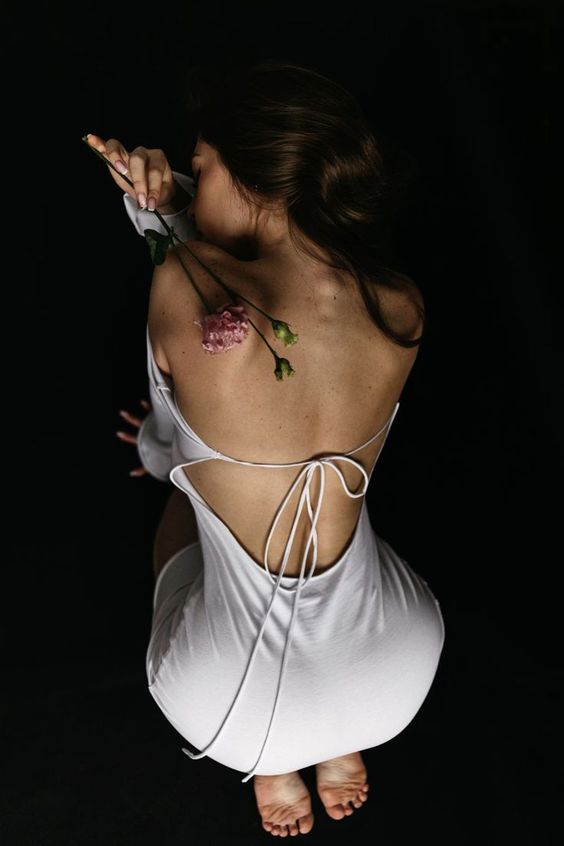
Pluto-Venus Transits
 Pluto transiting Venus can mean that your primary relationship will be going through some kind of a transformation. This transit reveals the hidden fears, power plays, and unspoken longings in your heart. Do you really love as fully as you could? Are you truly seen, truly valued, or are you playing roles rooted in fear or comfort? Relationships, habits, ideals—they’re all under review. Not everything (or everyone) is meant to survive this transit. You have to let go of the deadwood, the emotional baggage, the outdated ideals about who you are in love. Pluto doesn’t only demand change outwardly. This is a time to consider how you value yourself. Venus is the planet of worth, after all. Are you honoring your own beauty and deservingness? Pluto’s power is rebirth. If things fall apart, there could be a deeper reason. From the ashes comes a more authentic connection to yourself and others. You’ll emerge stronger, wiser, and more connected to what truly matters.
Pluto transiting Venus can mean that your primary relationship will be going through some kind of a transformation. This transit reveals the hidden fears, power plays, and unspoken longings in your heart. Do you really love as fully as you could? Are you truly seen, truly valued, or are you playing roles rooted in fear or comfort? Relationships, habits, ideals—they’re all under review. Not everything (or everyone) is meant to survive this transit. You have to let go of the deadwood, the emotional baggage, the outdated ideals about who you are in love. Pluto doesn’t only demand change outwardly. This is a time to consider how you value yourself. Venus is the planet of worth, after all. Are you honoring your own beauty and deservingness? Pluto’s power is rebirth. If things fall apart, there could be a deeper reason. From the ashes comes a more authentic connection to yourself and others. You’ll emerge stronger, wiser, and more connected to what truly matters.
Pluto transiting Venus transforms the very foundations of how we love, how we relate, and how we see ourselves in the mirror of another’s eyes. It’s desire unmasked. It’s the hidden layers of relationships clawing their way to the surface, demanding to be seen, held, and, if necessary, let go. It’s intense. This isn’t the kind of energy that lets you tiptoe around your feelings. This is the deep end, the place where your connection meets power, vulnerability, and truth. Are you in a relationship? If so, this transit will show you every dark corner, every unspoken need, every silent compromise. It’s here to make you get real. To strip away illusions and leave you standing in the naked truth of what love can be.
If you’re not coupled up, well, even then, Pluto doesn’t give you a pass. It’s pulling you inward, asking, “What’s the story you’re telling yourself about love, about worth, about who you are when nobody’s watching?” You might feel a craving for depth that no surface-level connection can satisfy. You might find yourself staring at the ghosts of old relationships or the shadows of current ones, suddenly seeing patterns you were blind to before. Power struggles, unbalanced dynamics, hidden resentments—they’re all surfacing now.
This transit isn’t focused surface-level flirtations or the charming gloss we sometimes paint over our relationships. Pluto doesn’t care for such trivialities. It wants to know: What are you really yearning for? What are the secret desires, the unspoken fears, the longings you’ve buried so deep even you forgot they were there? And let’s not sugarcoat it—this descent isn’t always pretty. You might find yourself face-to-face with your shadow self, that hidden part of you.
Pluto transiting Venus calls you to strip away the pretense. If you’re in a relationship, it’s the moment when the cracks you’ve ignored become impossible to look away from. In a relationship, Pluto hands you that magnifying glass, and suddenly every overlooked crack becomes a canyon. Power dynamics, secret resentments, unmet needs—they all rise to the surface demanding acknowledgment. You won’t be content to carry on with polite smiles and unspoken pain. Be honest. Be real. Or be undone.
You’re pushed to ask the big, terrifying questions. What is this relationship really built on? Is this love a true meeting of souls, or is it a convenience? There’s no hiding from the truth here, and in this vulnerability lies the chance for growth. If your love is genuine, this is your chance to deepen it, to rebuild it with authenticity at its core. But if it’s an illusion, a Pluto transit to Venus doesn’t care how long you’ve been together or how convenient it is to stay. The illusion will shatter, as it should, to make room for something real.




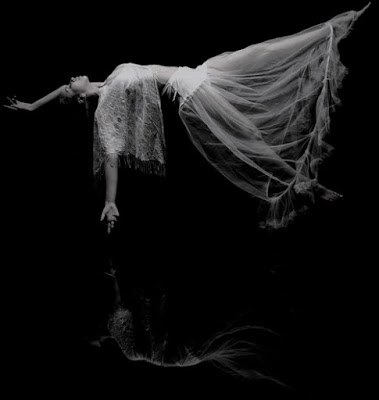
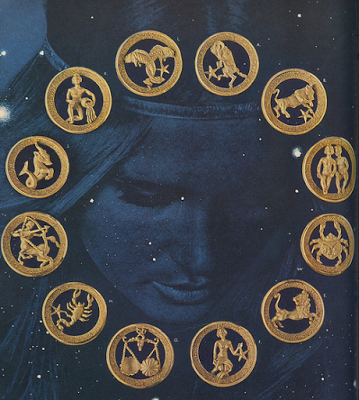

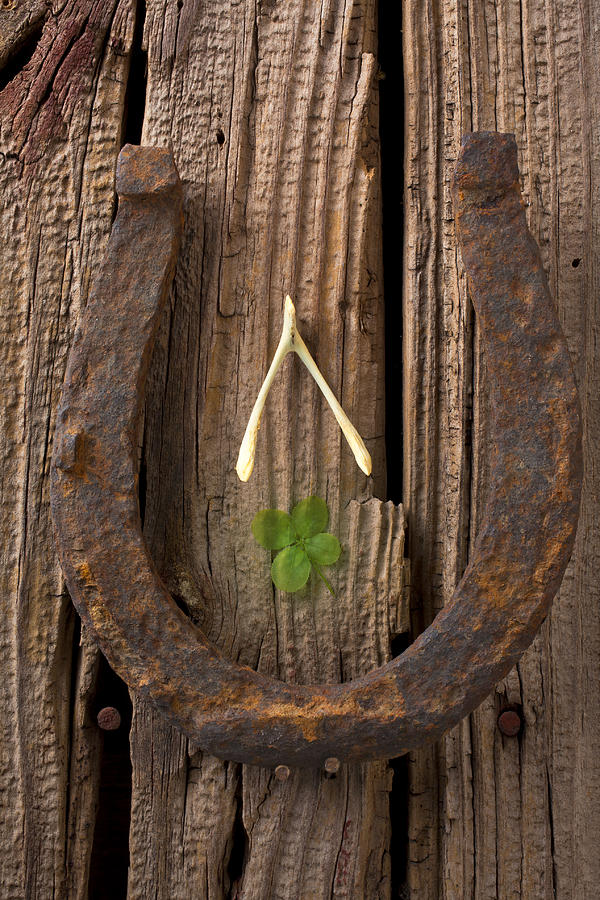
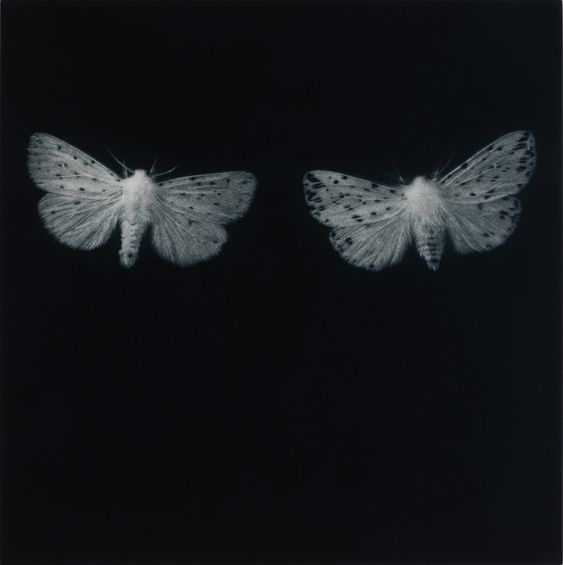








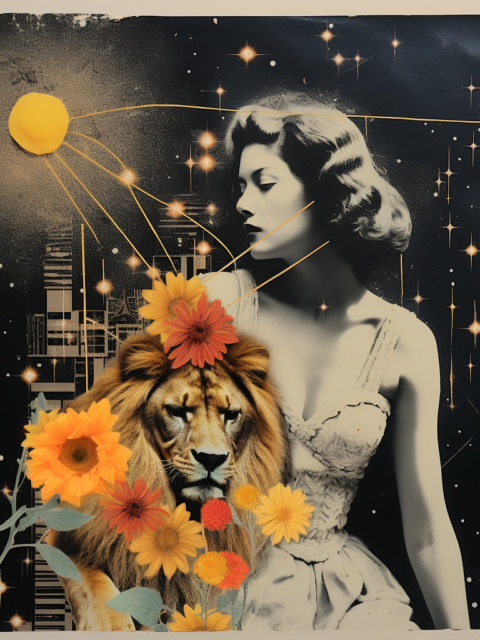

 Sun Square Pluto Synastry: You’ve Got That Power Over Me
Sun Square Pluto Synastry: You’ve Got That Power Over Me
 Scorpio’s Cold Withdrawal
Scorpio’s Cold Withdrawal
 Moon Conjunct Pluto Synastry
Moon Conjunct Pluto Synastry
 Venus-Pluto Synastry: A Love So Powerful That It Might Just Kill Them
Venus-Pluto Synastry: A Love So Powerful That It Might Just Kill Them
 Mercury Conjunct Venus Synastry
Mercury Conjunct Venus Synastry
 Mars Square Pluto Natal Aspect: The Unbreakable Spirit
Mars Square Pluto Natal Aspect: The Unbreakable Spirit
 Reflections on a Past Venus-Pluto Synastry Aspect
Reflections on a Past Venus-Pluto Synastry Aspect
 Mars-Pluto Synastry: Something Quite Dark and Dangerous
Mars-Pluto Synastry: Something Quite Dark and Dangerous
 Uranus Transits 8th the House: Rebirth from Chaos
Uranus Transits 8th the House: Rebirth from Chaos
 Venus Trine Mars Synastry
Venus Trine Mars Synastry
 Mars-Saturn Synastry: The Eternal Loop
Mars-Saturn Synastry: The Eternal Loop
 Composite Sun in the 8th House: Weather the Storm
Composite Sun in the 8th House: Weather the Storm
 Mars in Aquarius: Sex drive
Mars in Aquarius: Sex drive
 Sun Conjunct Pluto Synastry: Enlightening or Annihilating
Sun Conjunct Pluto Synastry: Enlightening or Annihilating
 Venus Trine Pluto: Dark Desires
Venus Trine Pluto: Dark Desires
 Mars Conjunct Pluto Synastry
Mars Conjunct Pluto Synastry
 Moon Opposite Uranus Natal Aspect
Moon Opposite Uranus Natal Aspect
 The Watery Gardeners: Cancer, Scorpio, and Pisces
The Watery Gardeners: Cancer, Scorpio, and Pisces
 Transiting Pluto Aspect Natal Mars: Are You Mad as Hell
Transiting Pluto Aspect Natal Mars: Are You Mad as Hell
 Moon Conjunct Pluto Natal Aspect: Emotional X-Ray Vision – Seeing Through Souls Since Birth
Moon Conjunct Pluto Natal Aspect: Emotional X-Ray Vision – Seeing Through Souls Since Birth